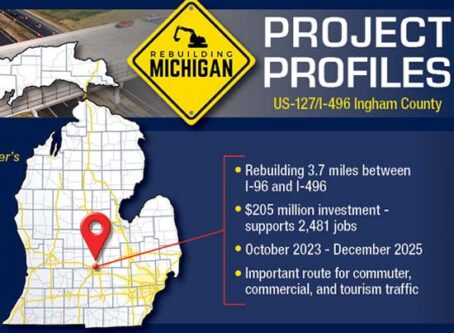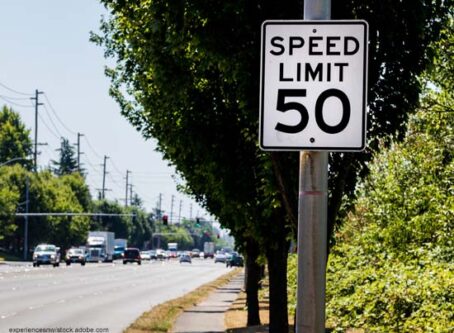California law adds to AB5 exemption list
California Gov. Gavin Newsom recently signed a law that provided another round of exemptions from the state’s worker classification law known as Assembly Bill 5.
AB2257, which was signed into law on Sept. 4, immediately added exemptions to AB5 for such professions as music industry workers, home inspectors, landscape architects and real estate appraisers. According to the National Law Review, there are now more than 100 exemptions to the original law, which codified a 2018 California Supreme Court decision that established the ABC test to determine if a worker is an employee or independent contractor.
Under the ABC test, all workers are considered employees unless the hiring business demonstrates that three factors are established:
A. That the worker is free from the control and direction of the hirer in connection with the performance of the work, both under the contract for the performance of the work and in fact.
B. That the worker performs work that is outside the usual course of the hiring entity’s business.
C. That the worker is customarily engaged in an independently established trade, occupation or business of the same nature as that involved in the work performed.
The controversial law affects a variety of industries, including trucking. Opponents say the B prong of the test makes it impossible to hire independent contractors.
And while many professions have received exemptions, trucking has not. Many within the industry have said the law would end the owner-operator model in the state.
Does AB5 target trucking?
Shortly after the law went into effect in January, the California Trucking Association received a preliminary injunction that blocked California from enforcing it against motor carriers. In March, the U.S. Court of Appeals for the Ninth Circuit denied a motion to halt the preliminary injunction.
On Sept. 1, the U.S. Court of Appeals for the Ninth Circuit heard oral arguments in the case to decide whether the injunction should remain in effect.
The California Trucking Association claims the law is preempted by the Federal Aviation Administration Authorization Act of 1994, which prevents states from enforcing a law or regulation related to a price, route or service of motor carriers.
The state of California and the International Brotherhood of Teamsters contend that AB5 is a law of general applicability that doesn’t reference motor carriers and can’t be preempted by the F4A.
However, the California Trucking Association uses the dozens of professions exempted from the law as evidence that AB5 “specifically targeted” the trucking industry.
Representing the CTA, attorney Andrew Tauber told the Ninth Circuit on Sept. 1 that the law does fall under the F4A.
“AB5 is not a law of general applicability,” Tauber said. “It contains numerous exceptions for numerous industries and professions categorically and contains other exceptions for other industries and professions that are conditionally available. It actually specifically targets the trucking industry.”
Tauber then referenced the bill’s author California Assemblywoman Lorena Gonzalez and her comments on the floor of the legislature regarding AB5 and the trucking industry.
“She says AB5 was designed to eliminate what she characterized as the ‘outdated’ model whereby motor carriers use independent owner-operators to deliver services to their customers,” Tauber said. “So it simply can’t be maintained on the record that this was a law of general applicability.”
Amicus brief
In May, OOIDA filed an amicus brief with the Ninth Circuit in support of the California Trucking Association’s lawsuit.
In its brief, OOIDA established that owner-operators are a significant piece of the motor carrier industry, and large motor carriers will not be the only ones affected by the law.
“This court should not adopt the blinders that defendants urge,” OOIDA wrote. “AB5’s impact is not limited to large motor carriers, simply a matter of increasing the cost of doing business, or confined to California.
“Instead, for tens of thousands of interstate owner-operators and small-business motor carriers that regularly cross the California border small-business truckers critical to the interstate motor carrier industry AB5 could be fatal.”
What’s next?
The case is likely far from over and could eventually reach the U.S. Supreme Court.
Once the Ninth Circuit decides whether the preliminary injunction should stand, the case will likely be brought back to the U.S. District Court in Southern California to decide whether or not the injunction will be made permanent.
No matter what decision is made, it is expected that the case would then go back to the Ninth Circuit. After that, the losing party would likely petition the U.S. Supreme Court.









